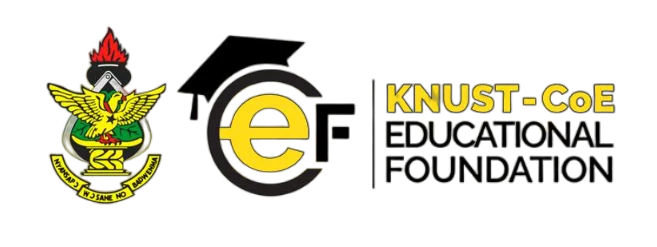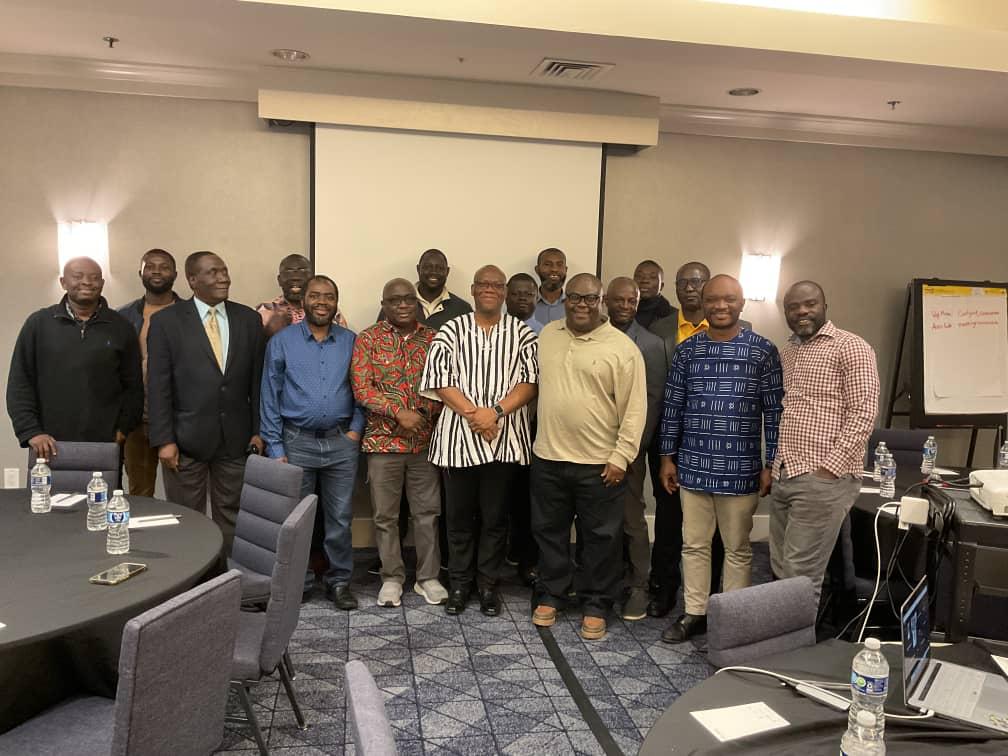The Kwame Nkrumah College of Science and Innovation (KNUST), Kumasi, in organization with the Specialized College of Munich (TUM), Adama Science and Innovation College, Ethiopia and the Germany Consulate in Ghana, has authoritatively initiated the Coordinated Instructional hub (ITC) for Applied Mechanical and Clinical Designing at the KNUST School of Designing (CoE).
During the initiation, the Genius Bad habit Chancellor, Teacher Ellis Owusu-Dabo, noticed that KNUST is a chief science and innovation college and as per the Times Advanced education Effect Positioning 2023, the College was positioned the main objective for quality training (SDG 4) worldwide. He featured the College’s dedication to the advancement and coordination of multidisciplinary and ceaseless preparation in research in science and innovation, contributing essentially to public turn of events.
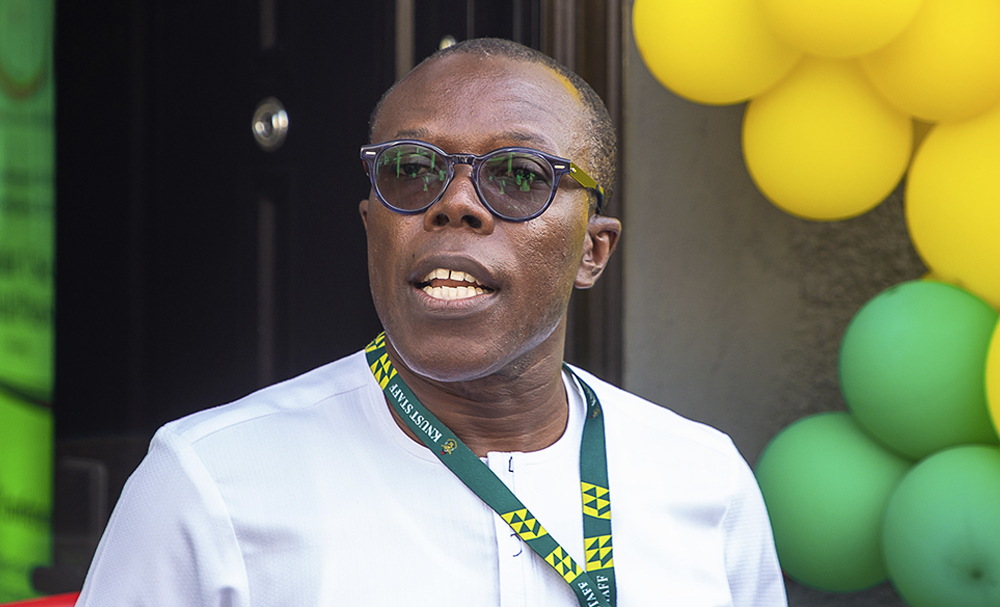
According to Professor Owusu-Dabo, science and technology and its application to many areas, especially in health, is crucial and has many benefits. He further stated that over the past decade, the health sector of Ghana has witnessed drastic improvements, especially in the training of medical professionals as well as other supporting staff and the overall expansion in the production of medical devices. As a result, the Pro Vice-Chancellor emphasised the importance of the Centre, as it will aid in local research to solve health problems in the quest to promote good health and well-being of our citizens – in this case, the production of local devices to solve indigenous challenges.
He hoped there would be local content with a global reach and that the production of local medical devices would reduce costs and improve the coverage of healthcare services. He thanked all collaborators and partners for their confidence in KNUST and pledged Management’s support for the success of the Centre. He praised TUM and by extension, the German Government for their continuous support to the University and encouraged the relationship between the South and North to enhance knowledge transfer.
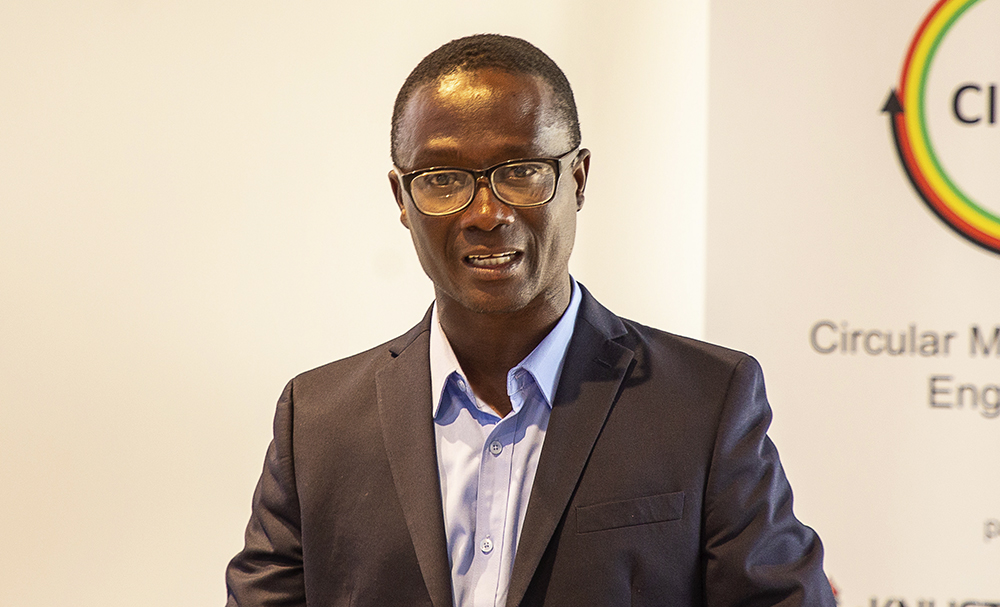
The Principal Investigator (PI) of the Project, Dr. Joshua Ampofo, stated that the Centre will serve as a platform for academic and technical exchanges among Ghana, Germany, and Ethiopia in the field of medical engineering. He added that it will focus on teaching, training in the usage of assistive devices and Circular Medical Plastic Engineering (CIMPLE). Dr. Ampofo revealed that the Centre is financed by the Federal Ministry of Education and Research and administered by the German Academic Exchange Service (DAAD).
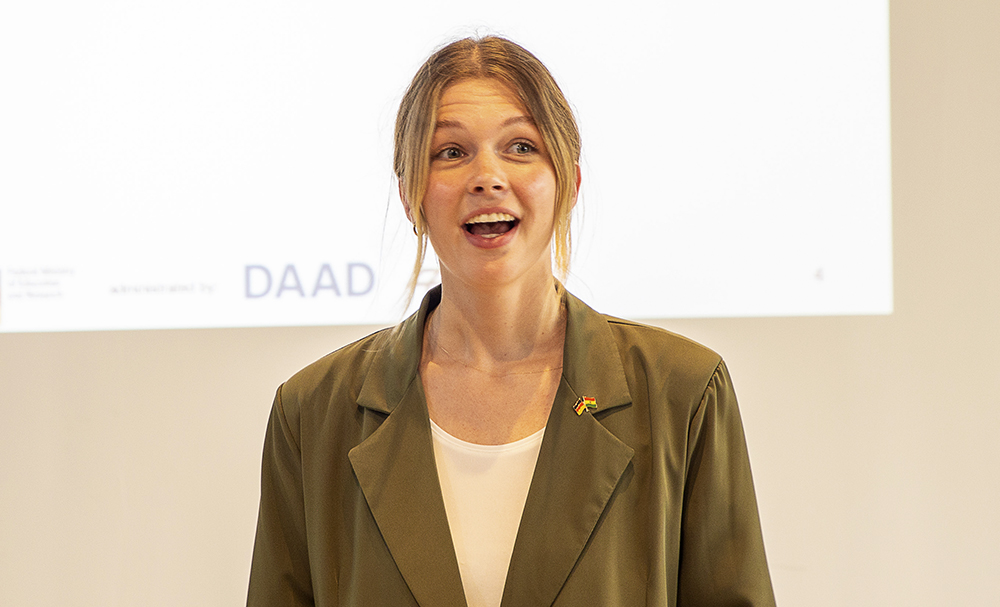
Representing the German Embassy, Sarah Schänlau, commended the longstanding partnership between KNUST and TUM, highlighting the ongoing Circular Medical Plastics Engineering project, which is set to flourish in the new training Centre. She emphasized the potential of the project to address local accessibility issues for medical devices in the context of the local healthcare sector. To her, the recycling aspect of the Centre holds immense potential to improve access to devices and significantly contribute to the overall sustainability of the healthcare sector. This can further reduce the country’s dependence on imported products and strengthen the local economy.
She expressed excitement about the strong ties between Ghana and Germany at KNUST in various science projects such as the KCCR, with Simens and the German West African Centre for Global Health and Pandemic Prevention (G-WAC), among others.
The Provost of the College of Engineering, Professor Kwabena Biritwum Nyarko, also stated that, as the College hosting the Centre, he will ensure that the Centre achieves the purpose for which it was established.
The Dean of the International Programmes Office (IPO), Professor Daniel Duah, commended the German Government and the TUM for being active partners of the University over the years. He commended the relationship between KNUST and TUM and its immense benefit to the University.
